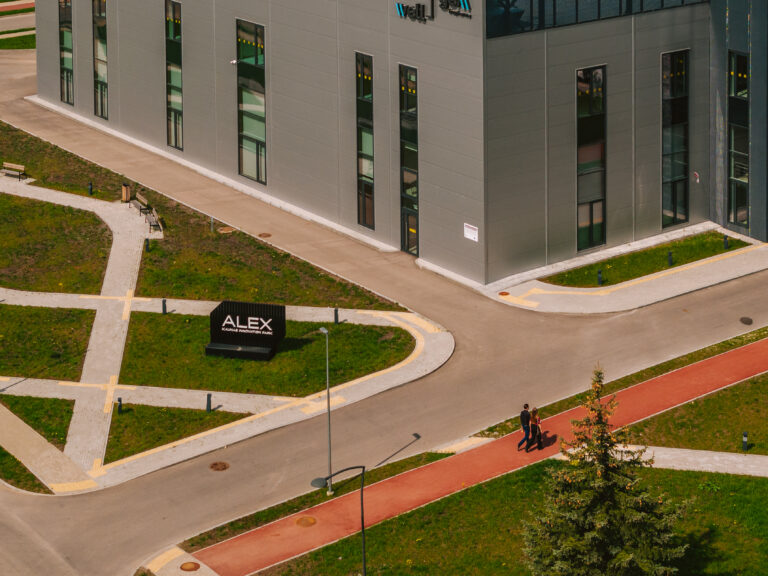Vilnius, 28 October. (BNS). “The IT specialists in Lithuania are among the best in the field and their services will be needed by CERN, one of the biggest research centres in the world,” Rolf-Dieter Heuer, head of the centre, said.
On Wednesday, he told journalists in Vilnius that Lithuania’s aim to become an associated member of CERN in 2017 is a positive step, as Lithuanian scientists and specialists could then become part of CERN’s permanent staff, and the country’s science and business sector could expect more orders.
“They (researchers) could become employees and research fellows and would return home with additional knowledge. Meanwhile, the private sector could cooperate in carrying out research, developing new technologies and participating in public procurements. We can offer projects to and order from producers–small and medium size companies, in particular, which are actually capable of developing new technologies,” Mr Heuer noted.
[quote text=”The IT specialists in Lithuania are among the best in the field and their services will be needed by CERN, one of the biggest research centres in the world” name_surname=”Rolf-Dieter Heuer” description=”Head of CERN” left=””]
As he put it, the centre currently employs twenty-two Lithuanian researchers, though, if agreements of associated membership are signed, more researchers may be employed. The head of CERN also emphasised that the centre is particularly satisfied with the Lithuanians working in the centre who help perform ‘one of the major experiments’, i.e. participate in various projects concerning the Higgs boson – an elementary particle discovered in 2012 – and are mainly responsible for software which processes and calibrates enormous amounts of the experimental data.
“We need good IT specialists and my impression is that this is one of the best developed fields in Lithuania. We would like to have more of them. We would not be here, if they had not performed well. I can tell you that I have had a very good impression since my last visit to Lithuania last year and during the first hours of this visit. And I know that the Lithuanians who work in the CERN centre are very highly regarded,” he said.
After the meeting with Mr Heuer on Tuesday president Dalia Grybauskaitė confirmed that Lithuania will seek associated membership of CERN. Should the country meet the necessary requirements it is likely that membership could be granted as early as 2017.
As the spokesperson for the President’s Office pointed out, Lithuanian researchers have been cooperating with CERN for more than two decades. Local physicists have developed a device for monitoring the level of radiation in experiments. Additionally, Lithuanian IT specialists have contributed to the development of more improved data management software. CERN also provides training to educators, and provides students with internship opportunities in the centre. This year alone eleven Lithuanian teachers have attended training and eighty students have interned with CERN in the past decade.
CERN is one of the biggest research centres in the world, located on the border between Switzerland and France. The centre provides permanent employment for around 2,500 scientists from over 113 countries with around a further 12,000 scientists carrying out different projects.
Source: bns.lt













